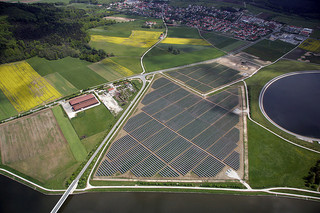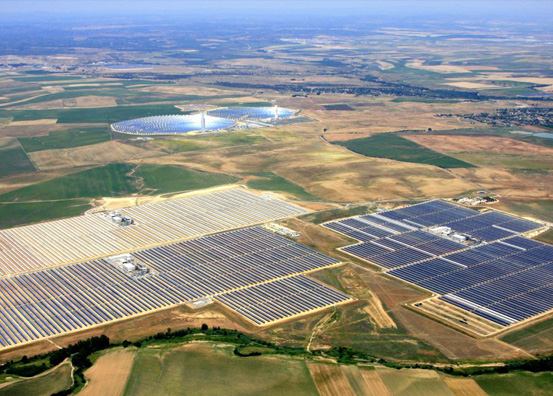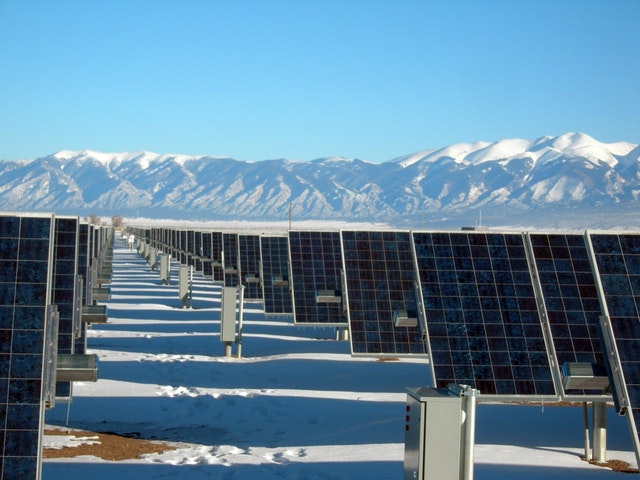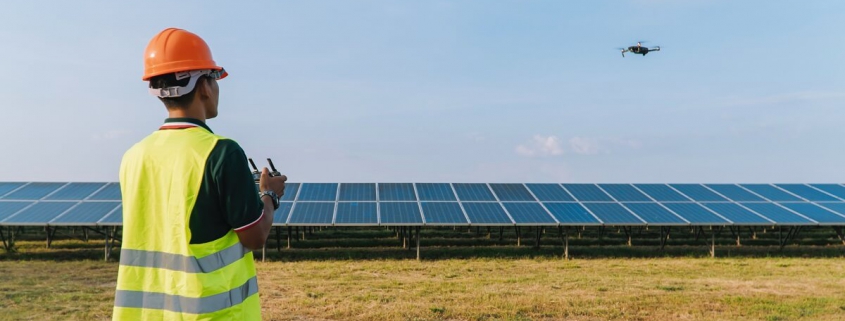How Drones Make Solar Panel Inspection, Installation, and Maintenance Easier than Ever
Before your solar panel installation, consider the many benefits of drone technology. Drones can be used during the process of installing, maintaining, and inspecting a solar installation. Safe, fast, and easy to deploy, drone technology is versatile and cost-effective. With drone technology, surveys can be taken with either LiDAR or photogrammetric scanning, offering useful information to the owners and maintainers of the project and system.
Consider the following benefits of drone surveying for your next installation.
Installing Solar Panels with Drone Surveys
Before the installation occurs, drones can be used to survey the entire area. A drone survey will indicate which areas are going to be in the sunlight most often, thereby impacting the efficiency of the installation. If using photogrammetric imaging, the drone will take a number of photos from above and derive 3D data from that. If using LiDAR imaging, the drone will use a laser to create highly accurate 3D plots that can be used for simulations.
When surveys are completed, 3D simulations can also be made. These simulations will show the impact that the solar panels will have on the surrounding environment, as well as the impact the environment will have on the solar panels. Together, this provides a more accurate picture of the efficiency of your solar installation.
Traditionally, solar surveys were usually done by manned vehicles: planes and helicopters. But these are far more dangerous. A manned aerial vehicle can crash or encounter other difficulties, which can injure people. Drone surveys are safe; since they are unmanned, even a crash will not cause much damage. Further, drone surveys can be completed faster, because they don’t require the hiring of a manned crew, nor the licenses and permits required for manned surveys.

Solar Energy Plant 
Solar Energy Plant 
A Solar Field
3D surveys aren’t just used to make sure that the installation is as efficient as it can be. They’re also used to avoid damage to the surrounding environment, by simulating issues such as soil erosion. 3D simulations can be so precise that they can be used to predict potential environmental issues, in addition to their use for product costing.
Drone surveys are particularly useful for this, because many companies now offer end-to-end management for simulation information, collecting data and analyzing said data nearly immediately after drone deployment.
Maintaining Solar Panels After Installation
Drones can be used to conduct surveys after solar panels have been installed, making it possible for technicians to identify potential issues. When flying over a space, a solar drone inspection can identify potential problems, such as solar panels that have been covered by dust and dirt.
In the past, technicians would need to travel on site, by ground, to determine whether there were issues with the panels. And if panels weren’t inspected regularly, there could be serious long-term damage.
But with drones, video feedback can be taken with ease, and the site doesn’t have to be walked in order to be maintained. This encourages more regular maintenance and ensures that technicians know exactly where they’re being deployed when they are being deployed.
The larger the installation is, the more important this feature will be. And as your solar deployment scales upwards, you’ll see continued improvements in your general operating costs.
Completing Routine Solar Panel Inspections
A solar drone inspection can be used to detect issues with solar panels specifically, such as heat-related issues. If there are heat fissures or cracks forming, drones can report back the exact location of the issue, and technicians can be deployed directly.
For safety, a drone solar panel inspection is incredibly important. Without regular inspection, solar panels can become so damaged that they need to be replaced. Regular inspection will save an organization both time and money, and will potentially reduce the risk to individual technicians.
Are you interested in learning more about the benefits of drones for solar technology? Contact Landpoint today to find out more.




